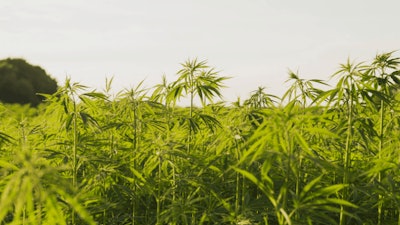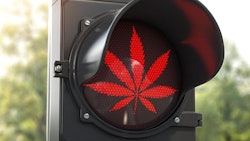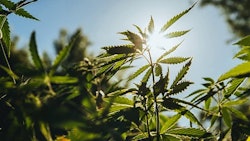
The Kentucky Department of Agriculture (KDA) announced it had licensed fewer processors, growers and handlers for the 2021 growing season as the hemp market continues to face “supply-chain” issues, said Ryan Quarles, Ph.D., Kentucky commissioner of agriculture.
The KDA has licensed 445 hemp growers to cultivate up to 12,000 acres, 140 hemp processors and handlers, and 3.7 million square feet of greenhouse space for production for 2021, the organization stated in a press release.
Of the 445 licensed hemp growers, 130 are considered “storage only” licenses for growers to market a formally grown hemp harvest in 2021, the release states.
These numbers have significantly decreased compared to last year, when the KDA oversaw 970 licensed growers and 178 processors.
Kentucky is not the only state to license fewer growers, processors and handlers, as 30 out of 40 states reported reduced applications for 2021, the release states.
Reported end-of-year data from licensed hemp processors and handlers shows $130 million in gross product sales in 2020, a decrease from $193 million in 2019. The report also showed processors spent $138.9 million on capital investments projects in 2020, and $207.3 million in 2019.
“These new numbers, while down, reflect what many industry experts have been expecting for a year or so,” Quarles said. “The nation’s hemp market continues to face supply chain issues and uncertainty given the Food and Drug Administration’s [FDA] inability to provide a regulatory framework for hemp-derived cannabidiol, or CBD, products.”
According to the release, Quarles recently urged FDA leaders for action on CBD guidance.
“We are nearly a decade into this experiment, and we are still waiting on the FDA to provide clear rules on cannabidiol,” Quarles said. “I continue to encourage our research partners to submit studies to the FDA about CBD and research to organizations like the Association of American Feed Control Officials about the safety of hemp grain and grain byproducts for livestock feed as ways to diversify this industry.”
And despite the ongoing uncertainty, Quarles said he continues “to believe there will be a long-term hemp market in the United States and that Kentucky will remain the leader on the national stage after the dust settles.”
























